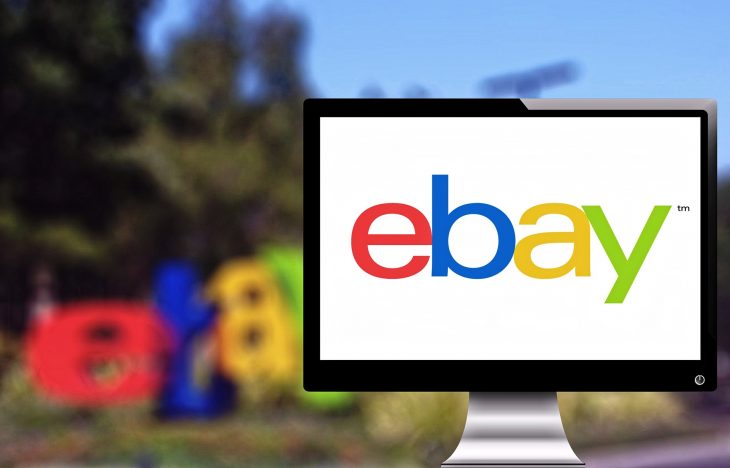In a move that sparked headlines and speculation, eBay announced its decision to drop PayPal as its primary payment processor in favor of Adyen, a Dutch payments company. While the decision marks a shift in a long-standing partnership, fears of disruption may be overblown. For buyers and sellers on eBay, the transition offers benefits that outweigh the concerns.
Understanding the Change
Starting in 2020, eBay began managing its payment process internally with Adyen as its backend partner. Unlike PayPal, Adyen integrates directly into eBay’s platform, eliminating the need for buyers and sellers to navigate an external service. This streamlined approach aligns with eBay’s goal of creating a more seamless transaction experience.
Key Reasons for the Switch
- Cost Savings:
By bringing payments in-house, eBay reduces processing fees for sellers, making the platform more competitive. - Enhanced Control:
Managing payments internally gives eBay greater flexibility to innovate and improve user experiences. - Global Reach:
Adyen supports a broader range of payment methods and currencies, appealing to eBay’s international customer base.
Why Concerns Are Overblown
- Smooth Transition:
PayPal will remain an option for payments during the transition, ensuring minimal disruption for users. - Familiar Payment Options:
Buyers still have access to familiar methods, including credit cards, debit cards, and digital wallets. - Seller Benefits:
The new system simplifies payments, consolidating fees and payouts within eBay rather than across multiple platforms.
The Future of eBay and PayPal
While eBay’s partnership with PayPal is evolving, the companies are not severing ties completely. PayPal remains an option at checkout through 2023, ensuring that loyal users can continue to rely on the service. Furthermore, PayPal’s pivot to other e-commerce platforms may strengthen its position as a standalone payment solution.
Conclusion
eBay’s decision to replace PayPal with Adyen reflects a strategic shift to improve user experience and operational efficiency. While the move signifies the end of an era, the change is far from disruptive. For buyers and sellers, the transition promises a smoother, more cost-effective platform, making concerns about eBay dropping PayPal largely overstated.








